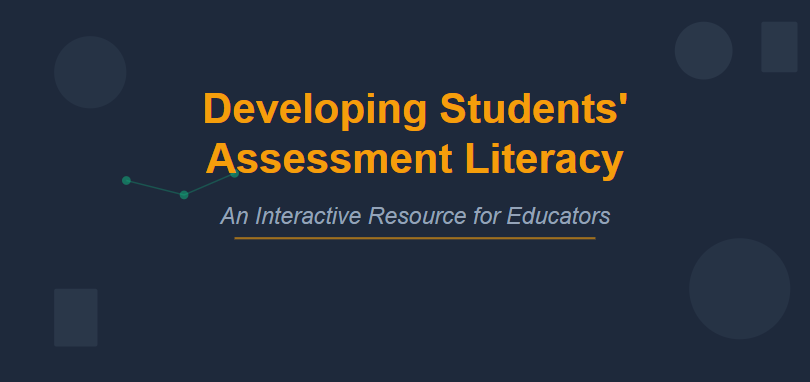Constructive alignment, coined by educational psychologist John Biggs, is an approach to curriculum design in higher education. It focuses on closely aligning teaching and assessment with intended learning outcomes (LOs)/competences.
Its key components are:
Constructivism: Constructive alignment draws from constructivist learning theory. It recognizes that students actively construct meaning through relevant learning activities.
Alignment: Educators design learning opportunities that directly support students in achieving the intended pre-specified programme outcomes/competences. This alignment ensures consistency, transparency, and robustness in the teaching and learning experience.
By aligning outcomes, teaching methods, and assessment tasks, constructive alignment promotes a deep approach to learning, enhances engagement, and contributes to positive mental health outcomes for students.
Constructive alignment has two core components:
Students “construct” meaning through relevant learning activities.
Educators design learning opportunities that support students achieving the learning outcomes/competences and assessments that directly address the pre-specified outcomes/competences.
Constructive alignment ensures that teaching, learning, and assessment are purposefully connected, facilitating meaningful learning experiences for students.
We argue that that although a programme may be constructively aligned, it may be aligned to the ‘wrong’ things, that is, not aligned to what it needs to be aligned to. Where this is the case there is ‘constructive disalignment’ – which we define as ‘what occurs when any element of a programme’s educational experience is not aligned with the needs and expectations of its stakeholders (students and society)’
Further reading
Biggs, J. Enhancing teaching through constructive alignment. Higher Education 32, 347–364 (1996). https://doi.org/10.1007/BF00138871
Biggs, J. (2003). Aligning teaching and assessing to course objectives. Teaching and Learning in Higher Education: New Trends and Innovations. University of Aveiro, 13-17 April, 2003.

